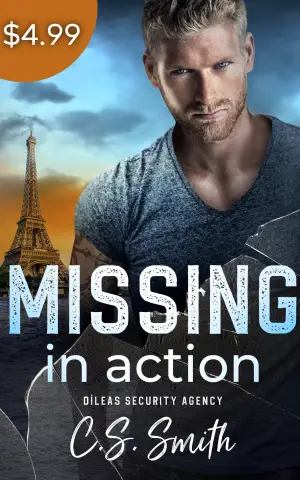The Director: A Dance Between Fantasy and History
Daniel Kehlmann has an uncanny ability to weave history with the threads of imagination, and his latest work, The Director, exemplifies this art beautifully. When I first encountered the title, I was immediately drawn in by the intrigue surrounding the enigmatic filmmaker Georg Wilhelm Pabst, whose life and work are cloaked in mystery. Kehlmann’s exploration of Pabst’s last years, particularly the infamous but lost film Der Fall Molander, provides a ripe canvas for a narrative entangled in the uncertainties of war, identity, and creative ambition.
At its core, The Director is a rousing dive into the tumultuous waters of the early 20th century, where the backdrop of Nazi Germany serves as a haunting specter. The interplay of fictional and historical characters paints a vivid panorama of Pabst’s life, yet it’s the personal narratives entwined with historical events that truly stand out. The Pabst couple, along with their son Jakob, take center stage, navigating through the wreckage of their aspirations and beliefs. Kehlmann expertly unfolds their complexities, particularly Jakob’s bewildering transformation from a sensitive artist to a conflicted nationalist.
The writing style is a signature Kehlmann endeavor—ineffably fluid, yet at times frustratingly opaque. Descriptions often drift like clouds, offering exquisite imagery that can feel almost dreamlike. For instance, when Pabst finds himself lost in his thoughts, the prose mirrors his scattered mind:
“…he came to feel as if the asphalt were throwing small waves; then too, as if they were going into the ground, and the sky was an infinite abyss.”
These moments are beautifully poetic, yet I found myself longing for more cohesion, especially in the early chapters. As I read through the book, I did experience a sense of disorientation, akin to navigating a painting that blurs at the edges. However, in the later sections, Kehlmann’s narrative gains momentum, honing in on Pabst’s cinematic endeavor and transforming into a gripping exploration of artistic longing and existential despair.
Memorable quotes and imagery linger long after the pages are turned. Kehlmann’s depiction of Jakob’s battered hands serves as a powerful metaphor for the scars that conflict leaves behind—both physical and emotional. This portrayal struck me deeply, echoing themes of loss and resilience that resonate across generations.
Despite its wavering focus and moments of shaky dialogue—elements I found a tad disappointing—the book’s ability to evoke a sense of haunting nostalgia is undeniable. It often feels like standing on the precipice of a crumbling world, unsure whether to leap into the unknown or cling to what was once familiar. Kehlmann’s character development, particularly with Pabst himself, becomes a compelling study in irony; a man who is as broken as the art he yearns to create.
I would recommend The Director to readers who appreciate literary fiction that challenges the boundaries of storytelling. Those who enjoy a blend of history with the surreal—much like Kehlmann’s previous works—will find themselves immersed in this melancholic tableau. This novel is not merely a narrative of the past; it’s a reflection of our ongoing struggle with creativity, morality, and the relentless quest for meaning.
In summary, The Director is a beautifully flawed gem. While it has its share of weaknesses, the emotional weight it carries transforms it into a poignant exploration of an artist’s journey amidst chaos—a reading experience that left me contemplative and yearning for more illumination on the unseen aspects of history.
[ad_2]







